Selection of roof panels for single-layer steel warehouse
When designing a single-layer steel warehouse, one of the most important considerations is the choice of roof panels. The roof plays a crucial role in protecting the inventory and equipment inside the warehouse from the elements, while also providing durability and longevity to the overall structure. In this article, we will explore the different options available for single-layer steel warehouse roof panels and the factors that should be considered when making the selection.
Materials Selection
The most common materials used for single-layer steel warehouse roof panels are steel, aluminum, and fiberglass. Each material has its own unique set of advantages and disadvantages.
- Steel roof panels are extremely durable and able to withstand high loads and temperatures. They are also resistant to fire, wind, and impact, making them a popular choice for industrial warehouses. However, they are susceptible to rust and corrosion, which can lead to maintenance issues over time.
- Aluminum roof panels are lightweight, highly durable, and able to withstand extreme temperatures. They also provide excellent insulation properties, making them energy efficient. However, they are more expensive than steel and fiberglass, and are not as resistant to impact and wear.
- Fiberglass roof panels are lightweight, durable, and easy to install, with low maintenance requirements. They are also resistant to most chemicals and extreme temperatures. However, fiberglass roof panels can be more expensive than steel or aluminum and may not provide as much insulation value.
Thickness and Gauge
The thickness and gauge of the roof panels also play a significant role in the selection process. Thicker and heavier panels generally provide better insulation and durability, but they are also more expensive and difficult to install. Lighter weight panels may offer better cost-effectiveness and ease of installation, but they may not provide the same level of insulation or durability.
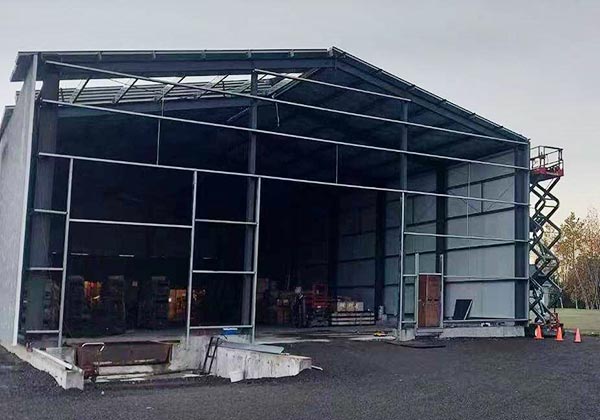
Insulation Properties
Insulation is an important consideration when selecting roof panels, particularly for warehouses that experience extreme temperature fluctuations. Roof panels with good insulation properties help to maintain a consistent temperature inside the warehouse, reducing energy costs and protecting the inventory from temperature-related damage. Insulation options for roof panels include fiberglass batts, rigid foam insulation board, or spray-applied insulation.
Longevity and Durability
The longevity and durability of roof panels is critical to ensuring your warehouse remains functional over the long term. Durable shingles can withstand exposure to the elements such as sun, rain, snow, and wind. They should also be able to withstand daily activities within the steel warehouse, such as the movement of forklifts and other heavy equipment. Durability is ensured by using quality materials and workmanship in the manufacturing process.
Wind Resistance
Wind resistance is a critical factor for single-layer steel warehouses, as they are often located in areas with high wind speeds. Roof panels that are wind-resistant help to maintain the structural integrity of the warehouse during wind events, preventing wind-related damage to the building and its contents. Wind resistance can be improved through the use of heavier materials or additional bracing and fastening methods during installation.
Fire Resistance
For warehouses that store flammable materials, fire resistance is a crucial consideration when selecting roof panels. Fire-resistant roof panels help to slow the spread of fire and provide valuable time for occupants to safely evacuate the building. They may also comply with local fire regulations and codes, which may require a specific level of fire resistance for warehouse roofs.
In conclusion, when selecting single-layer steel warehouse roof panels, several factors need to be considered, including material selection, thickness and gauge, insulation properties, longevity and durability, wind resistance, and fire resistance. The choice should be made based on the specific needs of the warehouse, including the type of inventory being stored, local climate conditions, and any applicable regulations or codes.
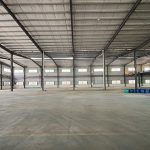
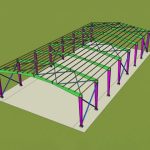
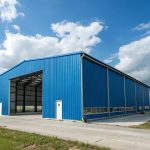
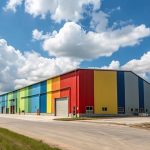
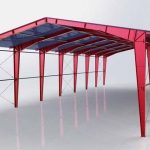
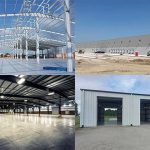
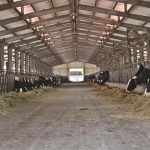
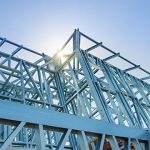
Send us the inquiry form